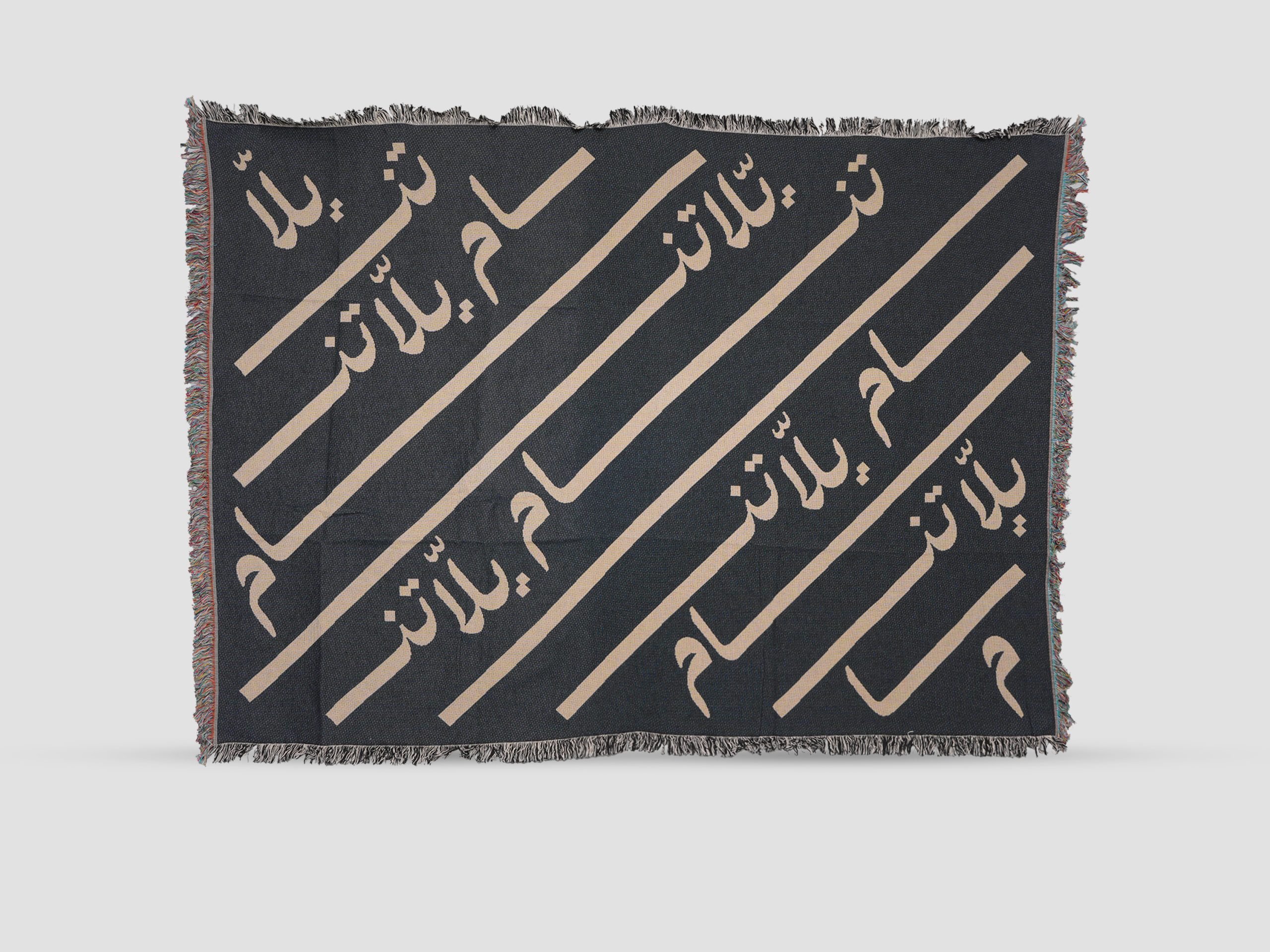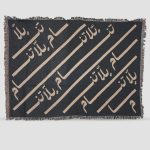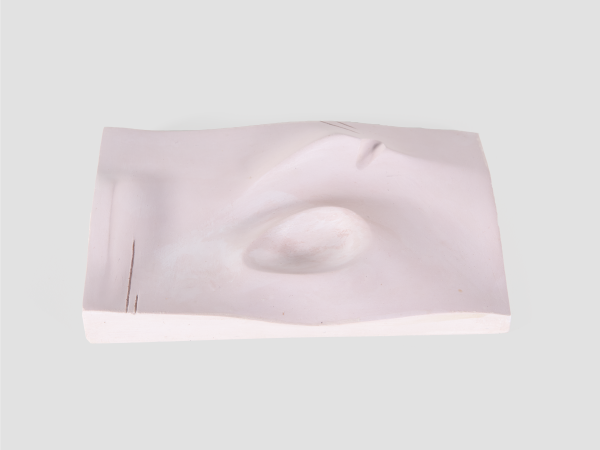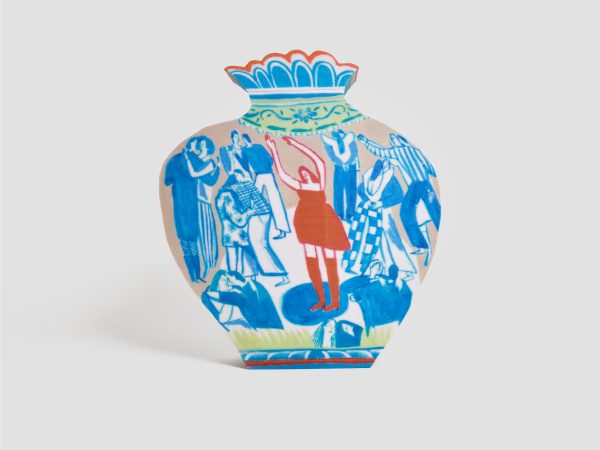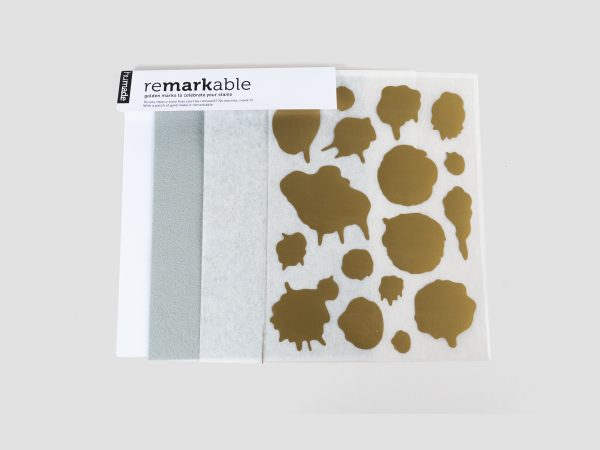Designed around the repetition of the sentence “Ya Allah Tnâm” (simplified to Yalla Tnam), it serves as an invitation to embrace peaceful slumber, indulge in dreams, and find solace in rest.
“Ya Allah Tnâm” simplified into “Yalla Tnam” which was written in 1971 by the Rahbani Brothers for Fairuz’s daughter Rima, is itself based on an Arabic-Arameic poem from a traditional folk story:
In the town of Maaloula (Syria), amidst the anticipation of apricot and peach harvest, a ten-year-old girl was tragically abducted from her home. She happened to be the sister of Deacon Isa at that time, and a group of Bedouins seized her without warning.
Years drifted by, and fate reunited the girl with her past when a man from Maaloula ventured into the lands of the tribe who had taken her. As he sold grapes and figs, she recognized him, yet he remained unaware of her identity.
Seizing the moment, she mustered the courage to weave together a tapestry of Maaloula Aramaic and Arabic verses, hoping to catch the man’s attention without arousing the tribe’s suspicion. She sang as the peddler passed beneath her window, cautiously warning her child, “not her daughter,” as immortalized in Fairuz’s song.
The Maalouli seller discerned the hidden message and finally recognized the girl. He relayed her plea to her yearning family, eager to share the news of her whereabouts and well-being. However, upon their arrival, they discovered an empty house, for the occupants had already departed for another location.
About the Brand
Morcos Key is a Brooklyn-based design studio collaborating with arts & cultural institutions, non-profits, and commercial enterprises in North America and the Middle East. We translate our clients’ stories into visual systems that demonstrate how thoughtful conversation, and formal expression make for impactful design.
